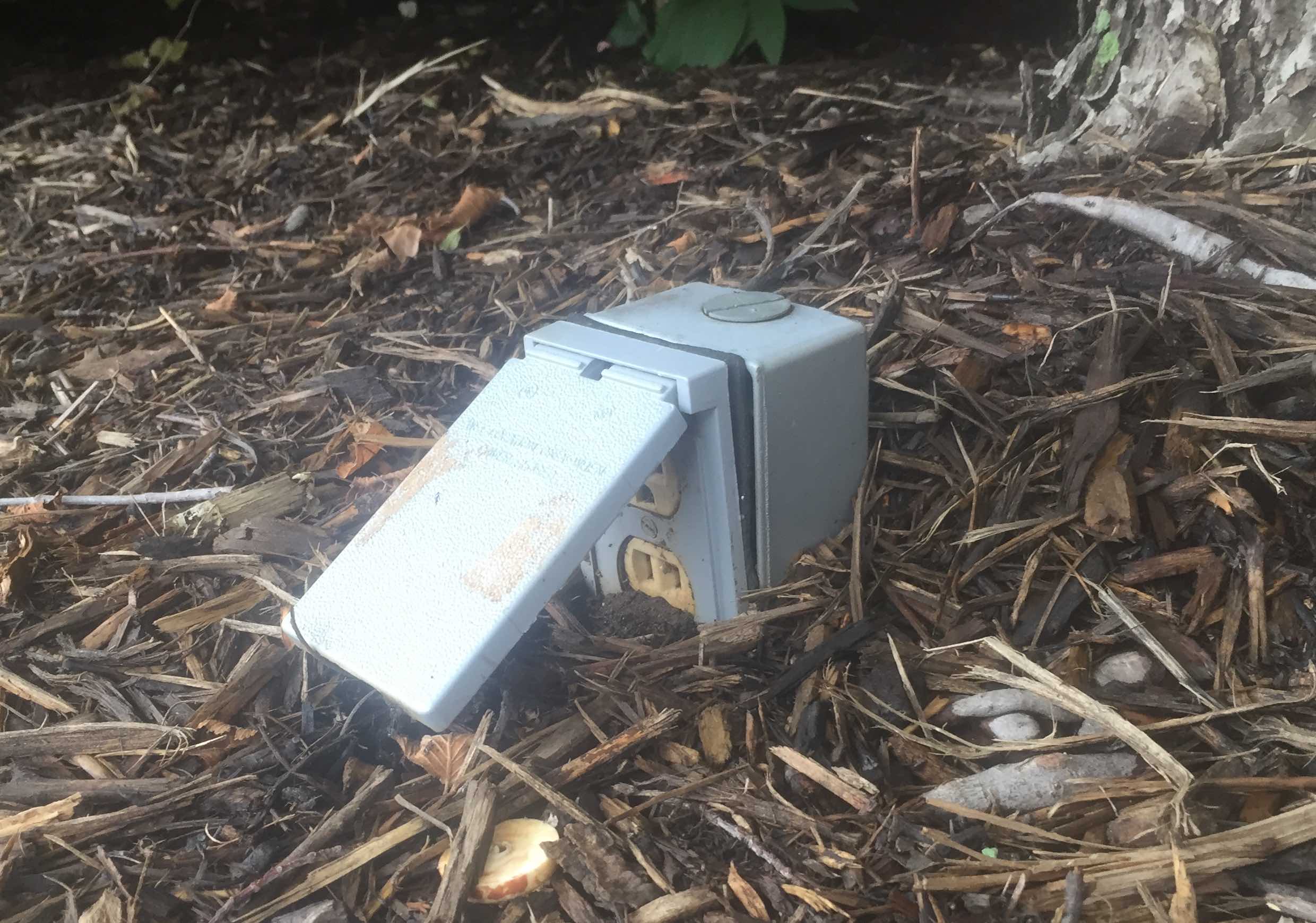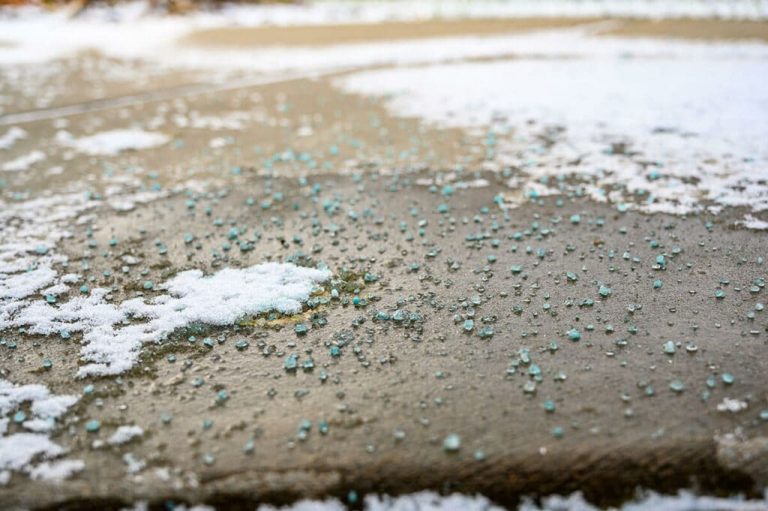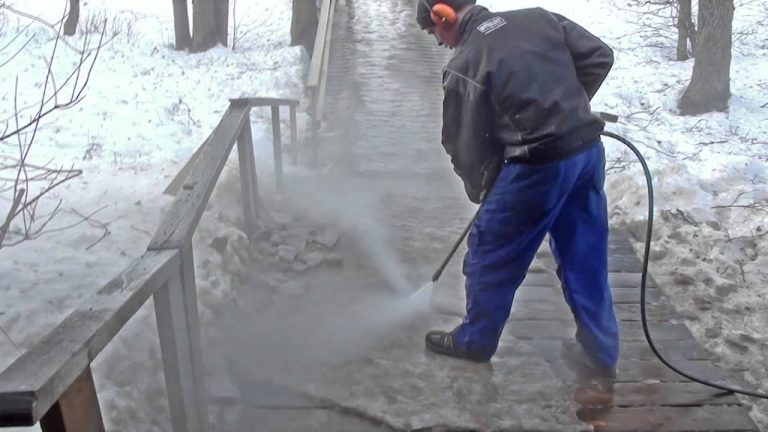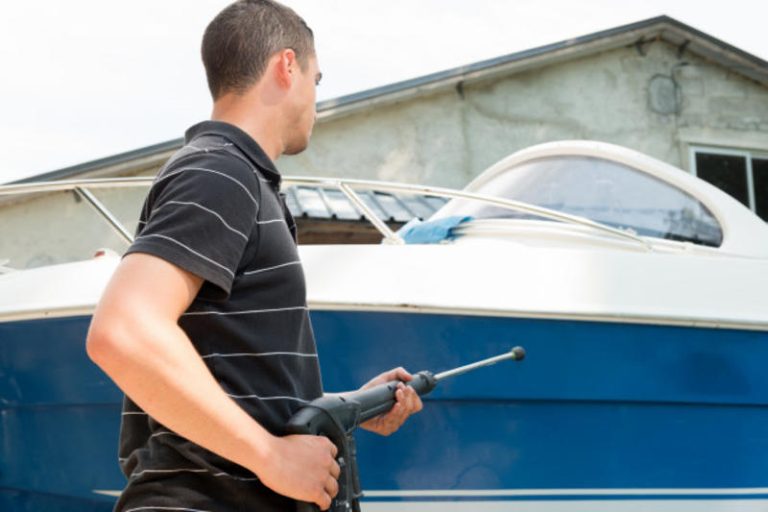
Pressure washing is a great way to refresh the exterior of your home, but when you get near electrical components, things can get risky. A common concern among homeowners is:
“Will pressure washing damage outdoor electrical outlets, breaker boxes, or other power connections?”
Let’s unpack this important topic, because while your siding needs a good clean, your circuit panel definitely doesn’t need a bath. 🏠🚿⚡
🔌 Why Electrical Boxes and Water Don’t Mix
Water and electricity are a dangerous combination. Exterior electrical outlets, breaker boxes, meter bases, and even lighting fixtures are designed to handle moisture from rain, but they’re not built to take a blast from a high-powered pressure washer.
Here’s why this matters:
- High-pressure water can force its way into outlets and boxes
- Moisture can short out circuits or trip breakers
- It may damage seals, gaskets, or weatherproofing materials
- Water intrusion could lead to shock hazards or fires
So yes — pressure washing near electrical equipment can be harmful if you’re not careful. 🚫⚡
⚠️ Real Risks to Watch For
Let’s break down the key risks you face when spraying near electrical outlets and fixtures:
⚡ Water Intrusion
Even “weatherproof” outdoor outlets can allow water inside if hit with direct, high-pressure spray. This can:
- Cause short circuits
- Corrode internal components
- Trip your GFCI outlet (or fail to trip when needed)
🔥 Fire Hazards
If water gets inside a live panel, the result could be sparks or arcing — not something you want near your home’s wiring.
🧯 Long-Term Damage
Moisture in the box can lead to rusted terminals, mold, and deterioration of electrical insulation.
Browse Amazon Here For Pressure Washers And Accessories
✅ How to Safely Pressure Wash Around Electrical Equipment
You don’t have to skip cleaning that wall just because there’s an outlet nearby. You just need to be smart about how you approach it.
Here’s how to do it right:
1. Turn Off the Power to the Area (if possible)
If you’re washing near an outdoor breaker box or GFCI outlet, consider shutting off the power at the main panel temporarily to avoid any risk of shock.
2. Cover Electrical Fixtures With Plastic and Tape
Use plastic sheeting or heavy-duty plastic bags and duct tape to seal:
- Outlets
- Breaker panels
- Lights
- Doorbell cameras or smart sensors
This keeps water from penetrating while still letting you clean nearby. Just make sure the seal is tight!
3. Use a Wider Nozzle and Lower Pressure Setting
Opt for a 25° or 40° spray tip and reduce PSI to 1500 or less when working near outlets. Avoid direct, close-up spraying on the fixture itself.
4. Spray at an Angle, Not Head-On
Spraying from the side helps water glance off instead of being forced in. Always keep your nozzle at least 2–3 feet away from electrical items.
5. Inspect Before and After
Before washing, check for:
- Cracked outlet covers
- Loose conduit
- Missing weatherproof gaskets
After cleaning, check that the outlet still works, the GFCI didn’t trip, and there’s no sign of water infiltration.
🔌 Special Cases: Breaker Boxes and Meter Bases
💡 Breaker Boxes
Avoid spraying breaker boxes directly. If you must clean around one, keep your nozzle at a safe distance and do not aim directly at the panel door or ventilation seams.
💡 Meter Bases
Electric meter enclosures are usually very weather-resistant. Still, don’t spray them directly, and definitely don’t open the box or tamper with any utility-installed equipment.
🧠 Pro Tips for Peace of Mind
- Invest in outlet covers: If your outlets are old or damaged, replace them with in-use (bubble-style) weatherproof covers. These are designed to stay sealed even during storms.
- Use GFCI outlets outdoors: If your outdoor outlets aren’t already GFCI-protected, upgrade them. These outlets shut off power instantly when they detect a problem.
- Hire a pro for complex setups: If your home has a lot of exposed wiring or older electrical equipment, consider letting a professional handle the job.
🧯 What to Do If You Get Water in an Outlet
If you accidentally sprayed an outlet and suspect water intrusion:
- Turn off the circuit breaker immediately
- Don’t plug anything in
- Wait at least 24–48 hours for it to dry out
- If there’s any sign of sparking, crackling, or unusual heat — call an electrician
🏁 Final Verdict: Be Smart, Be Safe
So, can pressure washing harm exterior electrical equipment?
Yes — if done recklessly. But with the right precautions, you can safely clean around outlets, breaker boxes, and other components without issue.
Pressure washers are powerful tools. Always treat electrical items with care, protect them thoroughly, and never assume waterproof means pressure-proof. Your safety — and your home’s — depends on it. ⚡🏠💦






